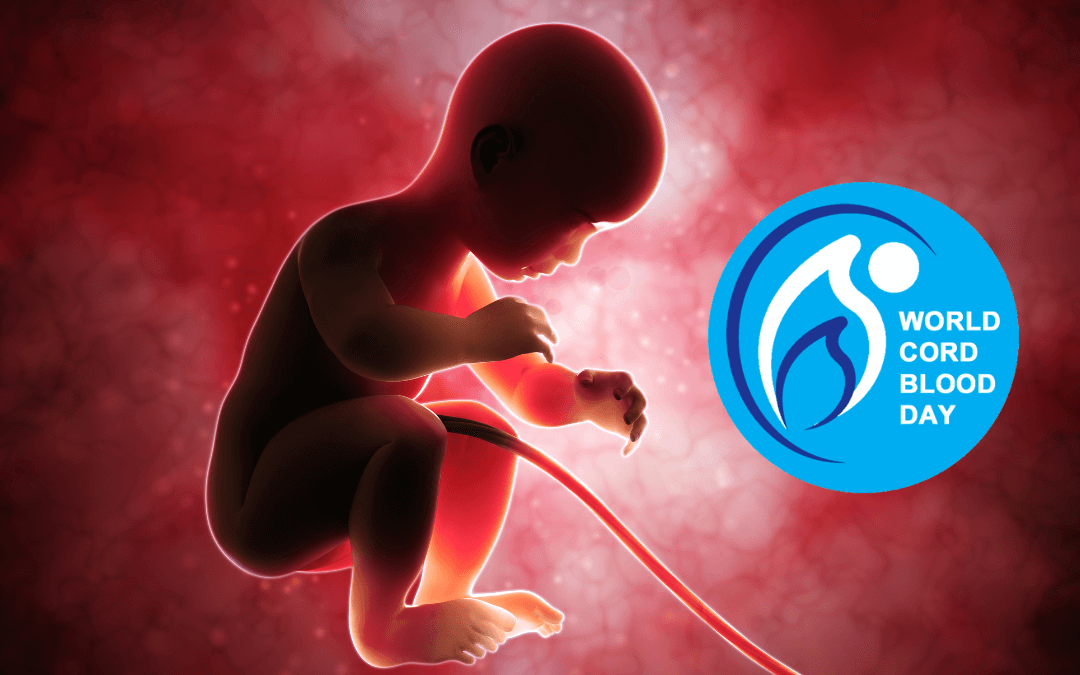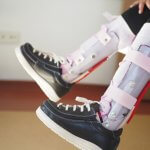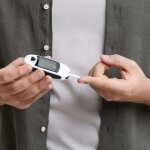November 15th is World Cord Blood Day. This annual event was created to raise awareness of cord blood, what it is and some of the therapeutic benefits it can offer.
If you are curious to find out more, read on.
What is cord blood?
Umbilical cord blood (aka Cord Blood), is the blood left over in the cord and placenta after baby is born and the cord is cut.
It is normally thrown away as medical waste but you can choose to have it collected and sorted. This storage can be private, for your exclusive use, or stored in a public bank for anyone in need of a donation.
What you are storing is the stem cells within the cord blood. It is important people know about their ability to preserve this valuable source of cells. They are currently used in over 80 treatments and therapies for conditions such as anaemia, leukaemia, and cerebral palsy.
Cord blood stem cell collection is a non-invasive process that takes place after the third stage of labour. The placenta is delivered, the cord is cut and then the collection can take place. On top of that, it will work with your birth plan, not against it. If you have a c-section, natural birth in a hospital or a home birth you will still be able to store cord blood. If you want to use delayed cord clamping, you can still collect cord blood but need to be aware the volume you collect might be affected.
By collecting and storing your child’s cord blood, they are guaranteed to have a 100% compatible source of stem cells as they grow, should they ever need a stem cell transplant.
This could be a life-saving medical resource, as many in need of stem cells for treatment often fail to find a positive match.
On top of this, cord blood has the distinct advantage of being easier to collect, store and access than bone marrow.
How can I support WCBD?
There are various ways you could help but the best and probably easiest is to spread the word about what it is and facts about the beneficial treatments cord blood is part of. Share stories, information and facts about cord blood. You can also donate towards helping educate people on this valuable source of stem cells.
How can I collect and store my baby’s umbilical cord blood?
Public banks do exist. There are few hospitals across the UK that will take donations for the NHS cord blood bank. There is also Anthony Nolan that also takes donations, you need to contact them to discuss this.
If, however, you would like the safety net for your family you can privately store your baby’s cord blood. Cells4Life offers a variety of packages for you to choose from to store your cord blood and optimised cells count should your child ever need them for treatment.
If you want to learn more about cord blood and the possibility of storing your baby’s cord blood, you can get your free parents guide to cord blood banking now!
Request a Welcome Pack
Find out more about cord blood banking by downloading a Welcome Pack now.








